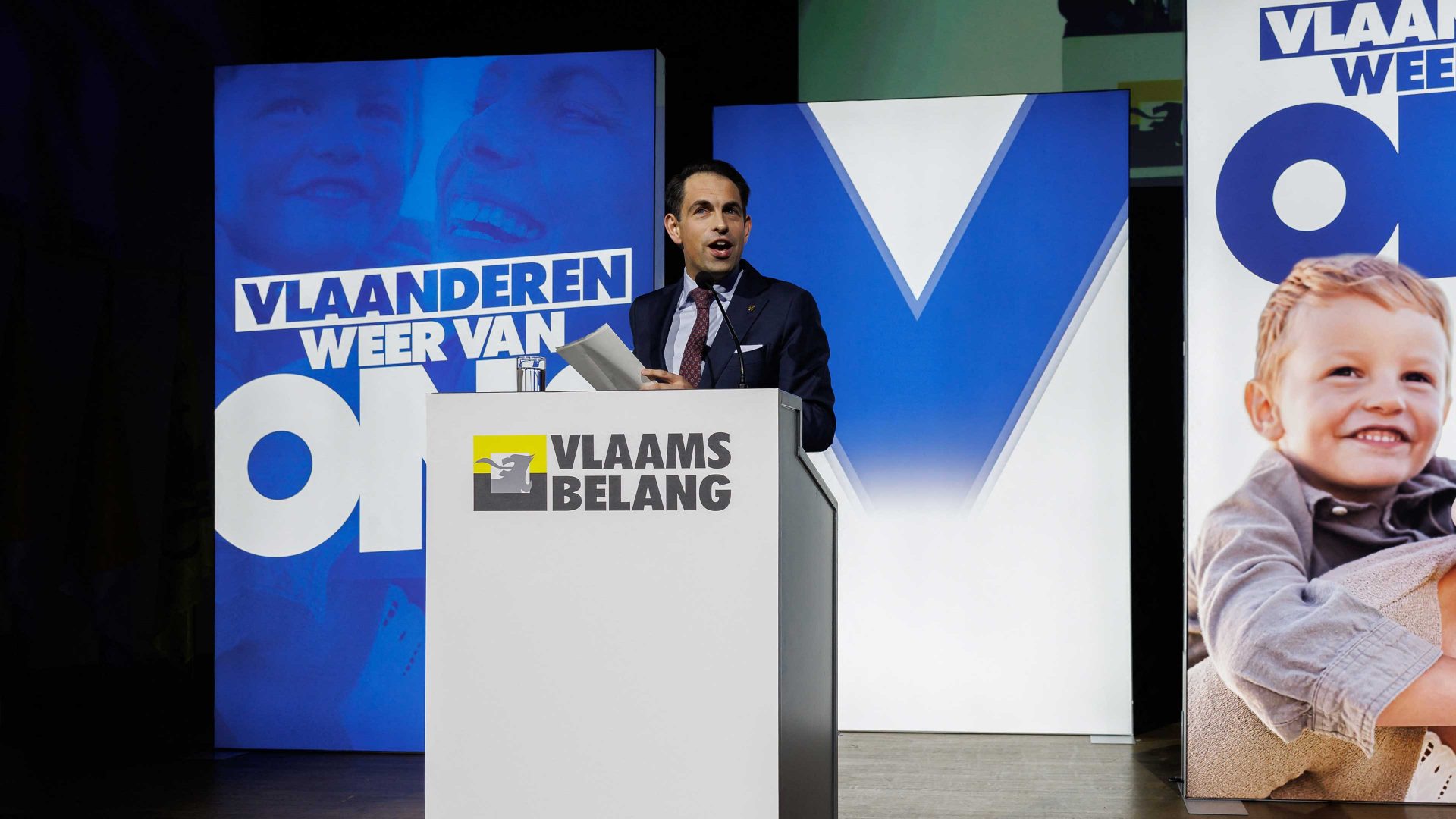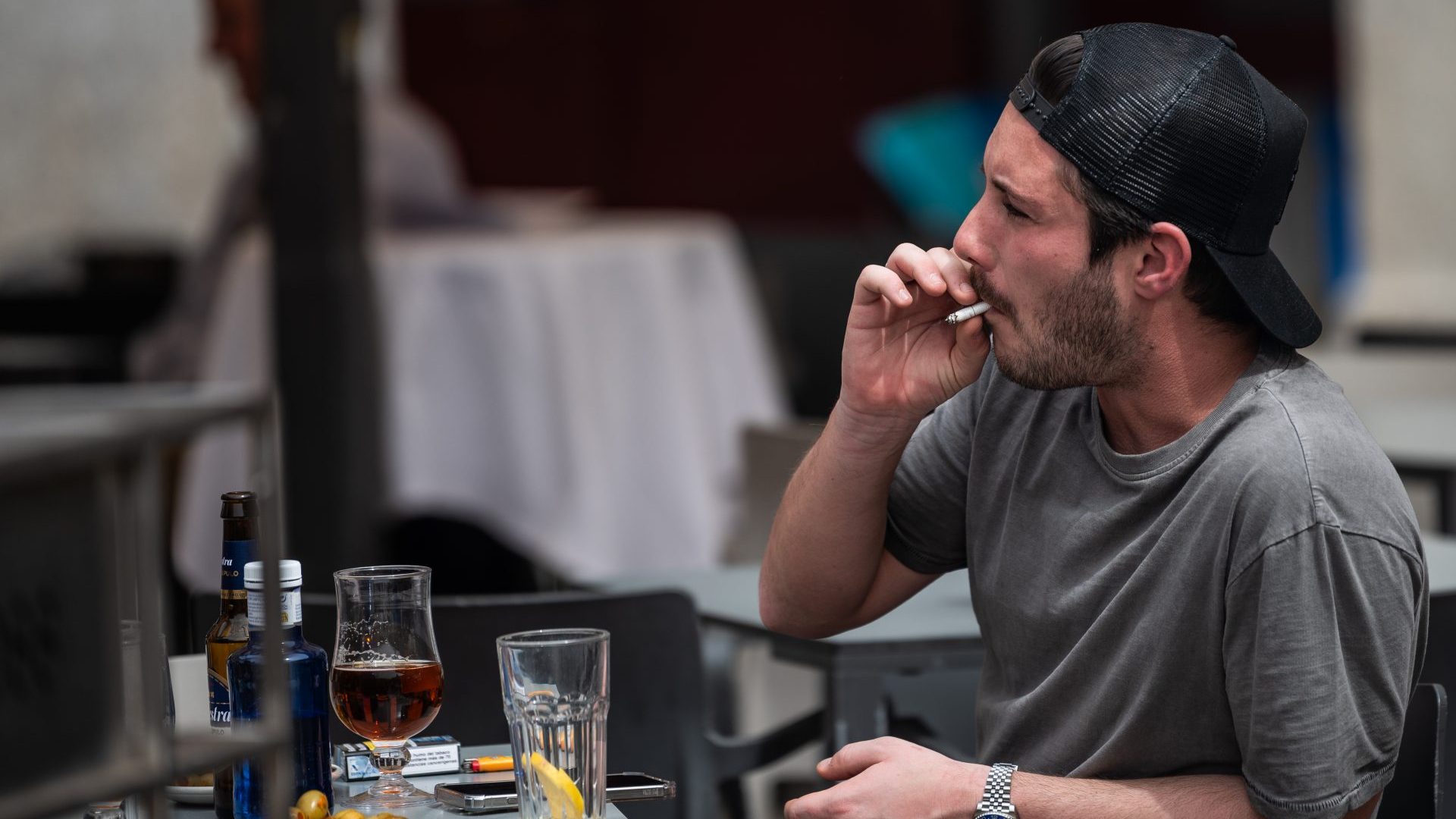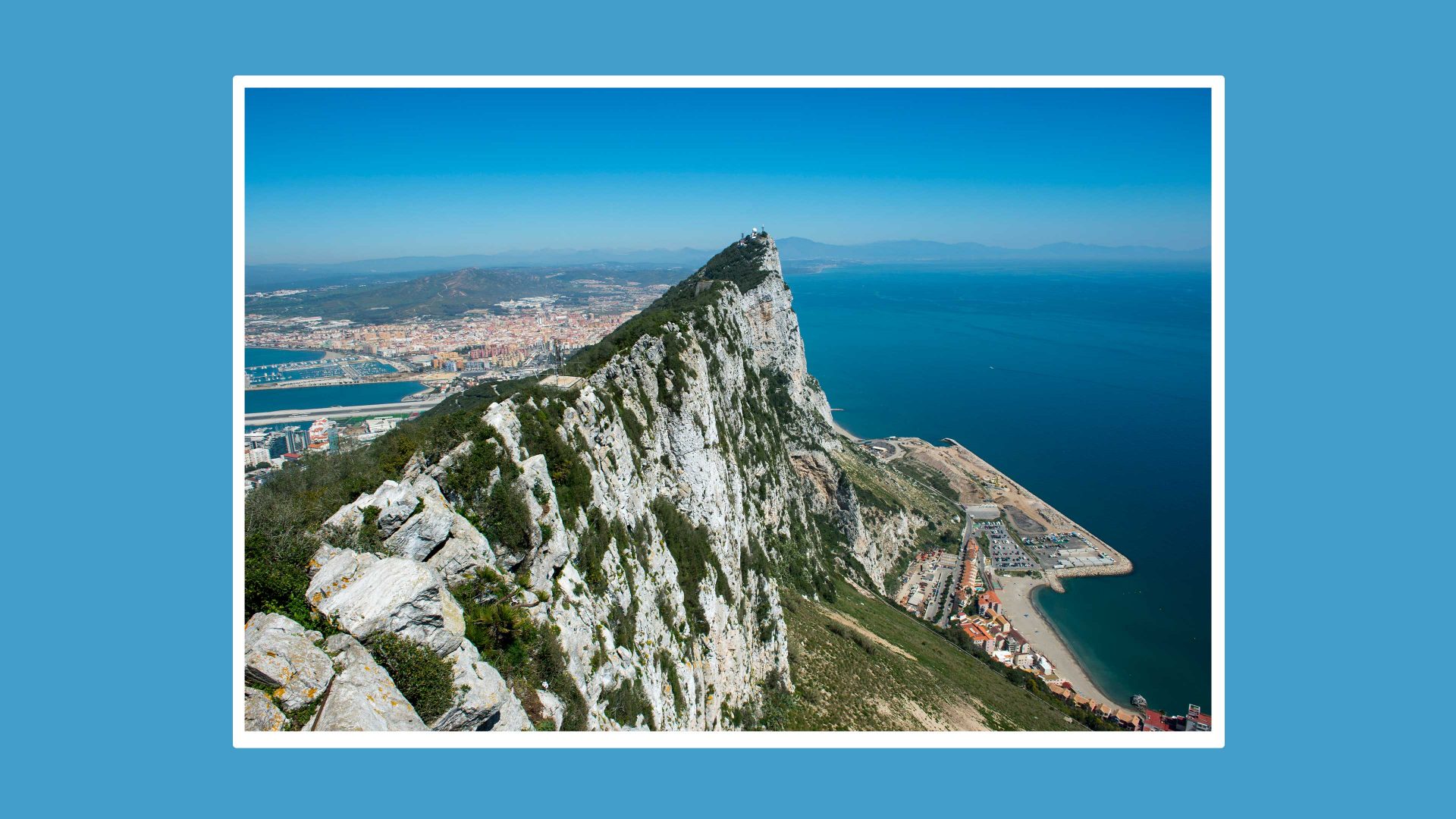If a democracy’s health can be gauged by the size of the ballot paper, then last year’s Dutch elections were a triumph. Featuring 26 parties and more than 1,100 candidates, the forms spilled over the sides of polling booths and voters wondered if they could take them home to use as tablecloths.
To count the number of parties participating in Belgium’s federal elections on June 9, you’d need a supercomputer because of how divided they are – by language, region and district.
To keep the fractious Dutch and French language communities together, the country has a mostly segregated way of electing representatives to the national parliament. This alone more than doubles the number of parties. On top of that, voters will also elect the powerful Flemish (Dutch-speaking) and Walloon (French-speaking) regional assemblies, a separate Brussels assembly, as well as the Belgian representatives in the European parliament. It would have all the makings of a true festival of democracy, were it not for the rumblings of discontent that might well undermine the whole thing.
The biggest story of the upcoming elections is the anticipated breakthrough of the far-right Flemish nationalist party, Vlaams Belang, or “Flemish Interest”. Currently, it’s the second-largest party in the Dutch-speaking part of the country, behind N-VA, another Flemish nationalist but more centre-right party. Vlaams Belang’s views on issues such as race are so unpalatable to other Belgian parties, on both sides of the language divide, that they instituted a wholesale ban on cooperation, a cordon sanitaire.
During this election campaign some N-VA figures hinted at breaking this cordon sanitaire in case Vlaams Belang does indeed become the largest party in the Flemish region. Only well into the campaign, the party’s leader, the popular mayor of Antwerp, Bart de Wever, put a stop to that. He has now made clear his opposition to joining a government with his far-right rivals.
His N-VA is the only major Belgian party that is fielding candidates in both Dutch-speaking and French-speaking districts for the federal elections. De Wever is not expecting his Flemish nationalist party to do well among Walloons. Instead, he wants to start a debate on loosening the Belgian state’s confederate system.
Apart from a shared anti-migration platform, both N-VA and Vlaams Belang argue that the relatively wealthy Flemish should not fund the welfare policies of the Walloon part of the country. It’s not an unheard-of complaint in Europe – pro-Brexit campaigners in the UK famously used the money argument on the side of their campaign bus.
Other than language, the political gap between the two major constituent parts of Belgium has been growing. While the Flemish region has been drifting rightward, Wallonia has been trending left and has largely eschewed the far right. The N-VA has dominated the Dutch-speaking community, and now Vlaams Belang is appealing to that same constituency, while the left wing Parti Socialiste, (PS), has steadily come out on top among French speakers.
The picture is very similar for the European parliamentary elections, which are taking place in June. A strong showing by Vlaams Belang would fit with predictions that the far right is set to make big gains across the continent. Vlaams Belang, much like France’s Rassemblement National nowadays, is not openly agitating for leaving the EU. It just wants Europe’s free-trade benefits, not its supposed burdens. Sound familiar?
But the European Commission, and even possibly its president, Ursula von der Leyen, are expected to survive the challenge, with von der Leyen’s centre-right EPP forecast to remain the biggest bloc in parliament.
In Belgium, though, the growing strength of the Flemish far right, at the expense of the centre right, could stretch the current federal system to its limits, particularly if together they gain a majority in the Flemish region.
Still, these tensions are not new in Belgium, and the country has survived worse. Whatever happens, it might be a while before we find out the election results. Last time, it took the Belgian parties 494 days to agree on a new federal majority coalition. In the meantime, the country did just fine.
Ferry Biedermann is a journalist based in Amsterdam writing on Europe, the Netherlands and Brexit



